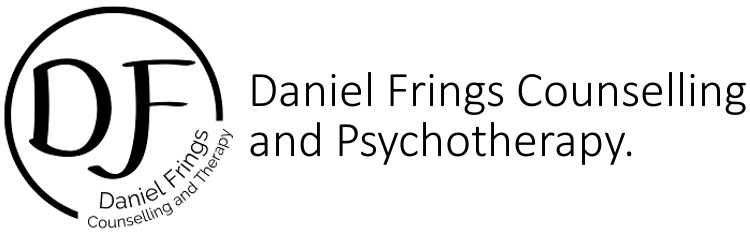Birth trauma
Experiences and support
What is birth trauma?
 While bringing a new child into the world is an event which is often looked forward to and fulfilling, it can also be a difficult or even traumatic for those giving birth. Each year, estimates are that around 4-5% of women (around 30,000 a year in the UK alone) suffer from symptoms of Post Traumatic Stress (PTSD) linked to birth trauma.
While bringing a new child into the world is an event which is often looked forward to and fulfilling, it can also be a difficult or even traumatic for those giving birth. Each year, estimates are that around 4-5% of women (around 30,000 a year in the UK alone) suffer from symptoms of Post Traumatic Stress (PTSD) linked to birth trauma.
Birth trauma refers to the distressing experiences some individuals face during childbirth. It can emerge weeks or months after child birth and can cause long-lasting emotional and psychological effects. It can impact not only the birthing person but also their partners and families.
Knowing the causes, symptoms, and consequences is important for offering effective support and intervention. This article reviews these and suggests some practical sources of support.
How is it experienced?
The experience of PTSD after birth trauma can commonly include flashbacks, nightmares, and extreme anxiety. Avoidance of reminders, emotional numbness, irritability, anger and difficulty concentrating are also signs that childbirth has left psychological scars which need attention.
In some cases, birth trauma can lead to postpartum depression, affecting the parent-child bond and other relationships. Others involved in the birth in supporting roles (for instance, partners) can also be left with challenges following a difficult birth.
The Birth Trauma Association defines this set of experiences and feeling as “Post Traumatic Stress Disorder (PTSD) after childbirth.”. Like other trauma responses, post birth trauma does not mean there is something ‘wrong’ with you, that you are a poor parent or not ‘resilient’ or ‘good enough’. Rather, they are natural responses to difficult events. While some people heal from this without help over time, for others a bit more support is really helpful.
The wide range of feelings and experiences can lead to impacts well beyond the individual, impacting their partner, family, and wider social networks. For instance, as well as potentially experiencing trauma responses themselves, partners may struggle to provide support – facing challenges in understanding and coping with the emotional aftermath. Family dynamics may be strained, and the birthing person may grapple with feelings of guilt, shame, anger and regret which are difficult to communicate to others.
Causes of birth trauma
 Causes of birth trauma vary, involving both physical and psychological factors. Physically, complications during labour, like emergency caesarean (c-sections), difficult births and the risk or actual loss of the child can all be traumatic experiences. Unexpected, medical interventions such as use of forceps or ventouse can also be stressful, painful and traumatising.
Causes of birth trauma vary, involving both physical and psychological factors. Physically, complications during labour, like emergency caesarean (c-sections), difficult births and the risk or actual loss of the child can all be traumatic experiences. Unexpected, medical interventions such as use of forceps or ventouse can also be stressful, painful and traumatising.
Psychologically, a sense of powerlessness or violation, a lack of control, little support and informed consent also play key roles. People experiencing birth trauma often also report that their wishes or plans were ignored during the birth, they had poor pain management, fear for themselves or their baby (often not acknowledged by others), and post birth complications, including difficulty establishing breast feeding following birth. Survivors of past abuse or sexual assault can also find birth more difficult if it triggers feelings associated with those periods of their lives.
Support for birth trauma
Preventing birth trauma involves better communication between healthcare providers and birthing individuals, increased awareness about birth options, and a focus on mental health support pre and post birth. Creating a birthing environment that prioritizes informed consent, respectful care, and emotional well-being can contribute to a more positive experience. However if you have been experiencing the feelings described above for more than a month, it may be helpful to speak to a health care professional, as you could be experiencing birth related PTSD, and/or post-natel depression.
Your health visitor or GP are good first stops, or you can also seek private support. Peer support groups and online communities also provide platforms for sharing stories and finding understanding, although these options may not be helpful for people who are more socially anxious. A further option is the use of an evidence based single session intervention called the Rewind technique which has a good success rate.
Birth Trauma Association: Support and advocacy: https://www.birthtraumaassociation.org/
Tommy’s: Info on support and services: https://www.tommys.org/pregnancy-information/after-birth/recovering-difficult-birth
La Leche League: Parenting support with a focus on issues around feeding: https://laleche.org.uk/
Your NHS Trust will likely offer birth/postnatel debriefing which evidence suggests can be helpful – your health visitor should be able to advise you on this.
If you feel like a Rewind session may be of help, you can read more about this here.
